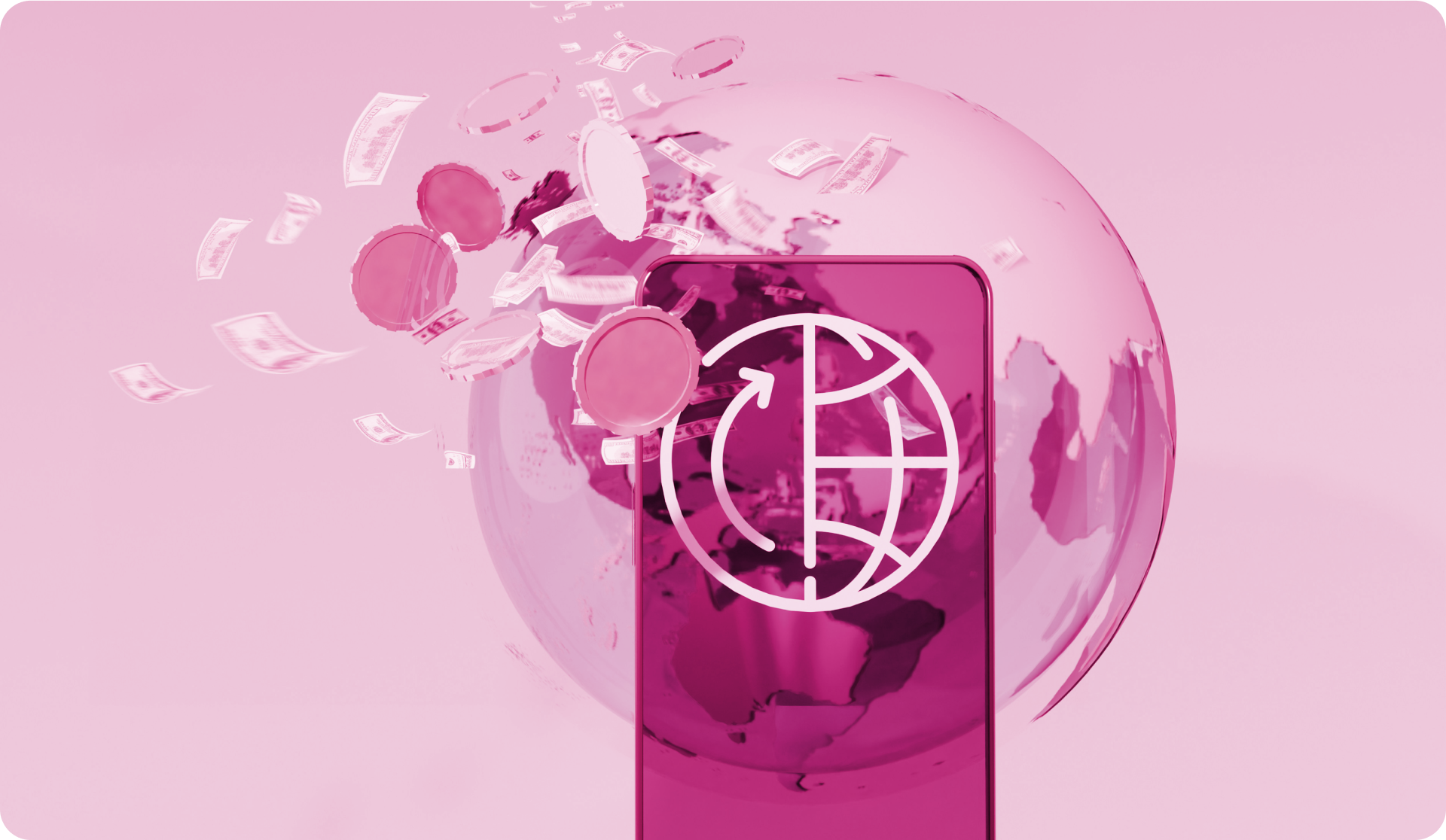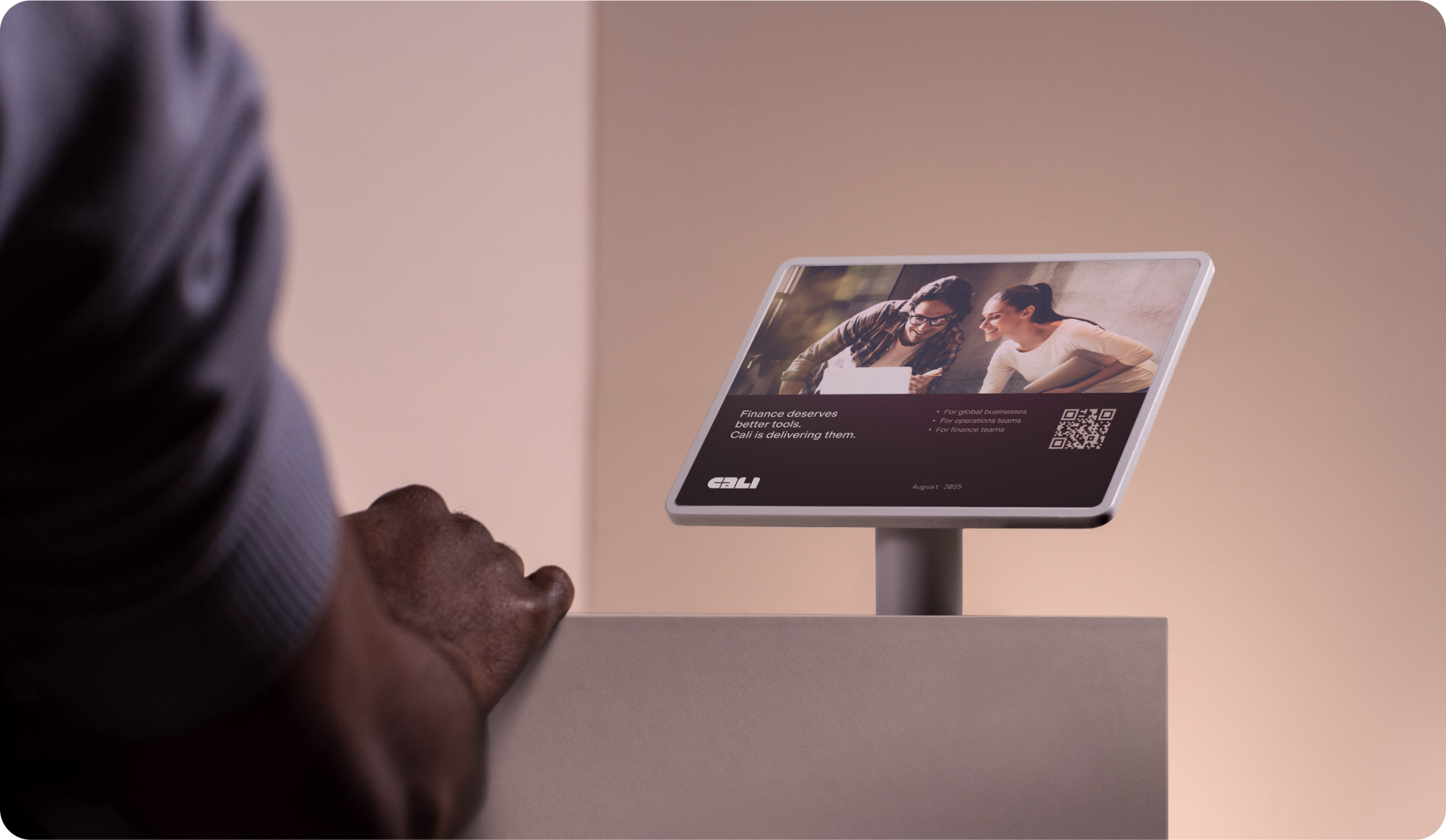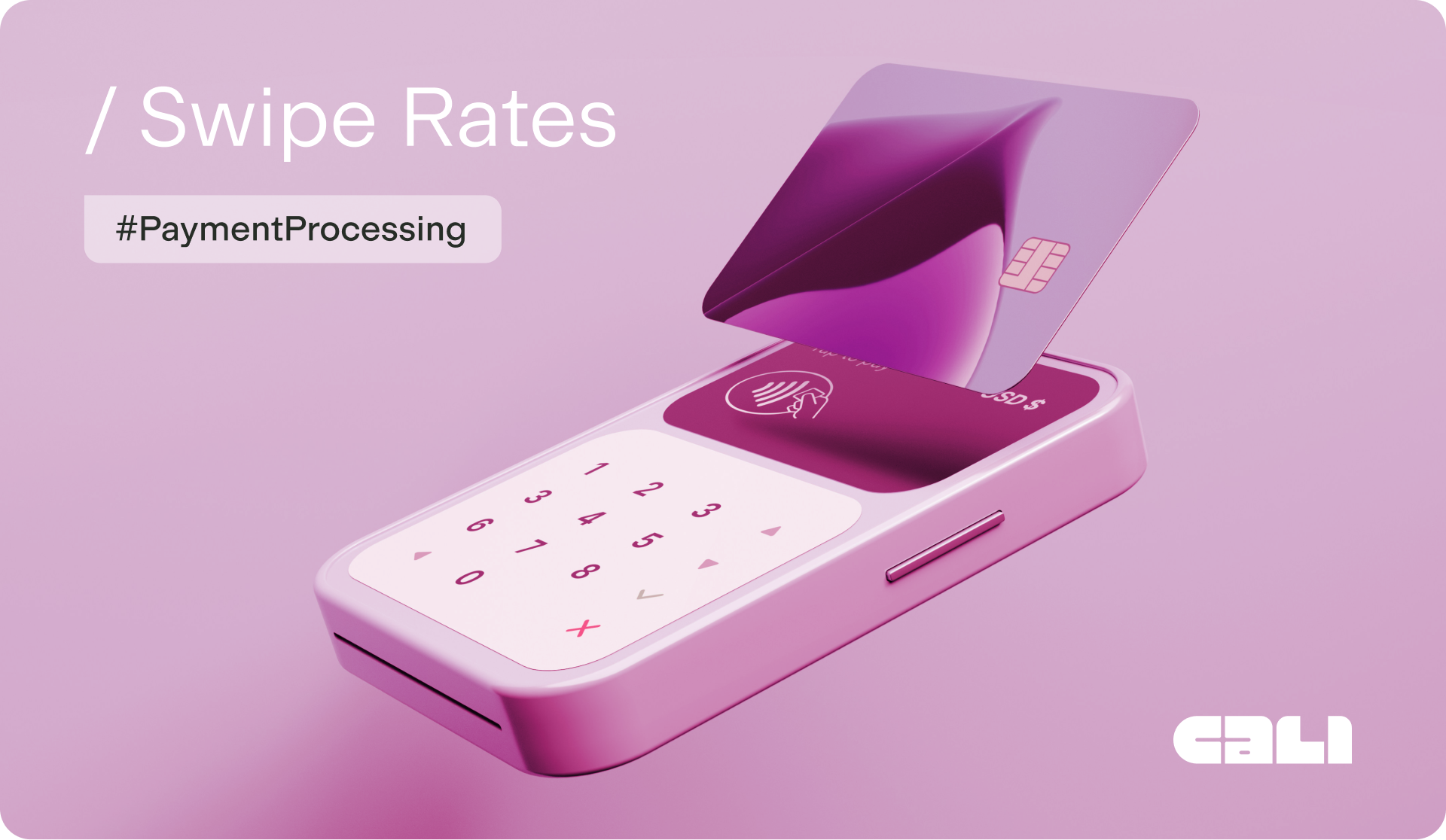
What If Support Was the Product All Along?
But if you take a closer look at why founders stay with a payments partner or why they leave, you’ll often find that the reason has little to do with performance benchmarks or feature sets.
It comes down to what happens when something goes wrong.
Because no matter how advanced your platform is, no matter how elegant the architecture, there will be moments when the system hiccups. Funds get delayed. Reconciliations misalign. Customers dispute a charge and expect instant resolution. And when that happens, your client’s business doesn’t pause for a ticket to be triaged.
In that moment, support becomes the product. And that’s when the true value of a partner is revealed.
Support Isn’t a Department. It’s an Operating Principle.
In most payments companies, support is built around mitigation. It’s there to contain the problem, not to understand or prevent it. You open a ticket, wait in queue, get a templated reply, and are asked to “check again in 24 hours.”
This model may be efficient on paper, but it quietly erodes trust. And in a high-stakes environment like payments – where milliseconds matter and unresolved issues ripple downstream into finance, compliance, and customer experience – efficiency without context is not good enough.
At Cali, we’ve reimagined support not as a last resort, but as a critical product function, engineered to be as intentional, responsive, and integrated as the codebase itself.
Here’s what that means in practice:
- Support is involved from day zero, not after onboarding. Our team participates in initial architecture discussions and continues to monitor how each client builds on top of our stack.
- We use context-based response tiers, meaning the depth of our involvement depends on business impact, not just ticket volume or severity labels.
- Support communicates like a product manager, not like a call center. We prioritize clear timelines, documented reasoning, and proactive updates over passive replies or scripted deflections.
- Cross-functional response is the default, not the escalation path. Engineers, operations, compliance, and client success collaborate in the open to resolve – not route – issues.
Our philosophy is simple: answers create confidence. Anything less is noise.
The Cost of Generic Service
Generic support is expensive. When a vendor treats every request as a case number
instead of a relationship, it leads to internal friction, longer time-to-resolution, and
systemic blind spots.
We’ve worked with companies that switched providers not because the product lacked functionality, but because it lacked accountability. Founders were tired of re- explaining the same problem. Ops teams were wasting hours rebuilding trust that had been quietly lost through slow, impersonal interactions. CFOs were struggling to close books because no one could give them a straight answer on where a payment stood.
And perhaps most importantly: product teams were forced to build workarounds for operational uncertainty – an invisible tax on every sprint.
What they needed wasn’t more speed. It was fewer surprises.
Support at Cali Is Built Like a System
We treat support with the same discipline and care we bring to our infrastructure. That means observability, ownership, and iteration. Our clients don’t wait for status updates, they receive them before asking. When we identify a recurring issue, we document it and ship fixes at the root. When something unexpected happens, we investigate with curiosity, not defensiveness.
And when a resolution is delivered, it’s not the end of a transaction. It’s the continuation of a partnership.
This is how support scales without becoming mechanical: by staying deeply human.
Because the true goal is to make sure the client never needs to file that same request again.
A Partner Is Measured When Pressure Rises
It’s easy to promise great service when everything’s going smoothly. But in payments, the real test comes in the edge cases: the failed settlements, the disputed payouts, the bugs that only appear once a quarter and affect high-value flows.
In those moments, what defines a provider is not their feature set. It’s how they behave under pressure.
Are they silent and opaque, or communicative and accountable?
Do they explain, or do they deflect?
Do they escalate internally, or leave the burden on the client?
These are not customer service questions. These are operational risk questions. And the companies that get this right are the ones who treat support not as overhead, but as leverage.
Trust Is Built When Things Break
We believe the quality of a partner is not revealed during onboarding. It’s revealed when things go off-script.
When a CFO calls at 7:30 a.m. asking about a delayed payment.
When a product manager spots a pattern that needs investigating.
When a CEO wants to know what happened before their customer asks first.
That’s where real trust is earned. Not with “we’ll get back to you” but with “we already saw this, and here’s what we’re doing.”
If you’ve never seen support operate as a strategic function – fully embedded, fully accountable, and deeply invested in your outcomes – it might sound too good to be real.
But for the teams we work with every day, it’s already part of how they operate.
And they wouldn’t go back.
Welcome to Cali—where finance is delightful.
#PixPayments #BoletoBancario #FinancialInclusion #InnovationMeetsTradition #CaliFinance #MakingItDelightful #DigitalFinance #FintechBrazil



